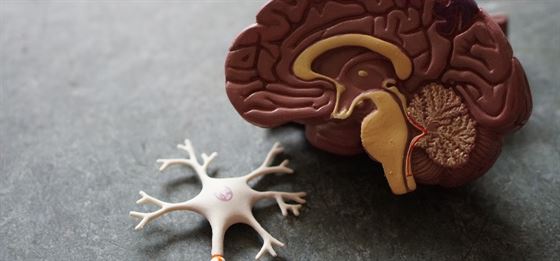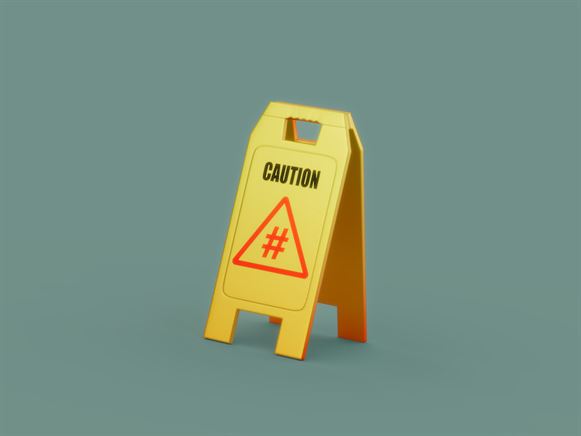
Stress - The Body and Mind Connection

Stress is a normal physical and mental response to the demands of life. A certain amount of stress is actually beneficial. It can motivate you to perform well and meet deadlines. But when stress becomes chronic, it can take a toll on your physical and mental health. Good stress or eustress is the type of stress which motivates you to perform well. Bad stress or distress, is the type of stress that can lead to negative health consequences. According to Global Organization for Stress, 80% of people are stressed out at work and stress is a health concern for a majority of high school students. Employers may spend as much as $300 billion annually on health and lost work days due to employee stress. Almost 80% of accidents in the workplace are a result of stress or stress-related problems. Let's understand the difference between these two types of stress and how they impact your body.
Types of Stress
The physical response to stress is known as the fight-or-flight response. This triggers a cascade of hormones that prepare your body for action. Your heart rate and blood pressure increase, you breathe faster and your muscles tense up. This response is helpful if you are in danger and need to take action. But if you are constantly under stress, your body never gets a chance to return to its normal state. This can lead to chronic stress, which can have negative effects on your physical and mental health.
Effects of Chronic Stress on Your Body
Chronic stress can suppress your immune system, making you more susceptible to illness and infection. It can increase your risk of heart disease, high blood pressure and stroke. Chronic stress can also lead to weight gain, insomnia and gastrointestinal problems. Some other symptoms of stress include irritability, fatigue, lack of interest, feeling anxious or nervous, frequent headaches, feeling depressed, acid reflux, muscle tension and even changes in your regular appetite.
6 Tips to Manage Stress
If you are chronically stressed, here are six things you can do to manage your stress and improve your health.
1. Identify the Source of Your Stress
Certain triggers can cause or worsen stress. It is important to identify the source of your stress so you can take steps to avoid it. This can be difficult if you have multiple sources of stress in your life. But even if you can't avoid all your stressors, identifying them can help you manage your stress more effectively. A bad day at work, for example, may not be avoidable. But you can try to relieve some of the stress by taking a break or talking to a friend. Another example is if you are worried about an upcoming test. You can't avoid the test, but you can try to manage your stress by studying ahead of time and preparing as much as possible.
2. Develop a Support System
A strong support system is essential for managing stress. This can include family, friends or a support group. Lean on your loved ones for emotional support and practical help when you are feeling overwhelmed.
3. Develop Healthy Coping Mechanisms
Exercise helps improve mood and sleep and can also help to reduce the risk of chronic diseases and stress. Exercising releases endorphins, which have mood-boosting effects. Other healthy coping mechanisms include yoga, meditation and deep breathing exercises. Practicing mindfulness can help you to focus on the present moment and reduce stress.
4. Make Time for Relaxation
Activities like reading, listening to music and spending time in nature can all help you to relax. Make time for activities or hobbies you enjoy every day, even if it's just for a few minutes. Spending time with loved ones can also help reduce stress.
5. Get Enough Sleep
When you are well-rested, you are better able to cope with stress. Shoot for seven to eight hours of sleep each night. If you have trouble sleeping, there are things you can do to improve your sleep habits. Try to stick to a regular sleep schedule, avoid caffeine and alcohol before bed and create a calming bedtime routine.
6. Seek Professional Help
A counselor or therapist can help you to identify and manage your stressors. Never hesitate to reach out for help if you are struggling to cope.
Chronic stress can harm your physical and mental health. But there are things you can do to manage your stress and improve your health. Identifying the source of your stress and developing healthy coping mechanisms can help you to better manage your stress. And seeking professional help if needed can make a big difference. Don't let chronic stress take a toll on your health. Take action to manage your stress today.
Articles
Build your awareness and get inspired with our researched articles on how you can strengthen your well-being
Popular Topics
An OTP has been sent to the email address
provided.
Please check your Inbox and Spam folders.

What Would You Like to Speak with a Specialist About?
Mental Fitness Journey starts Now!
Chearful Connects you with Top-tier Qualified Wellness specialists for the Price of a cup of Coffee!

Next Steps
- A Client Team member will reach out to you to schedule a session with the most suitable specialist.
- You will receive an email with a 10% Discount Code* for your 1st session.
- We invite you to Explore the Platform & Sign Up today! *Upto a maximum of $10 discount on a session purchased




 349 Read
349 Read




.jpg)







.png)
.png)

.jpg)

.jpg)




.jpg)







































.jpg)


.jpg)
.jpg)

































